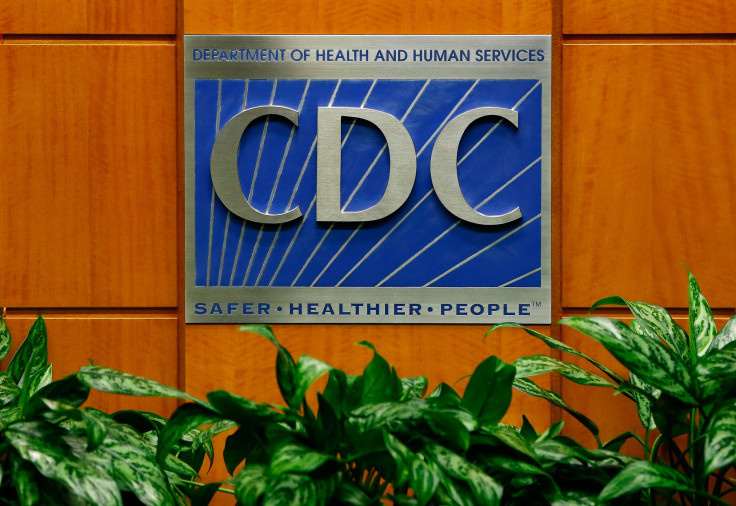CDC Shuts Down Offices Over Legionella Contamination In Water Systems
KEY POINTS
- CDC offices in Atlanta are shutting down over the detection of Legionella in water systems
- Earlier, the CDC had warned about Legionella in its guidelines for reopening buildings
- The case of the CDC shut down highlights Legionnaires' risk after building reopenings
The Centers for Disease Control and Prevention (CDC) is shutting down some of its offices after Legionella bacteria were found in the water systems.
On Friday, Aug. 7, CNN reported that the CDC will be shutting down several offices it leases in Atlanta after the water systems were found to be contaminated with Legionella, the bacteria that causes the potentially deadly Legionnaires' Disease. In a statement provided to the outlet, the agency explained that Legionella was detected in a cooling tower as well as some water sources in the buildings. It decided to close down the buildings "out of an abundance of caution."
Legionella naturally occurs in freshwater environments such as lakes and streams but it can also grow in warm or stagnant water in building water systems. The event shows how the coronavirus lockdowns may affect office buildings that have been unused for a long time.
In its guidelines for workplace reopenings in May, CDC said building owners should ensure that water systems and features are safe to use so as to minimize the risk for Legionnaires' disease.
"Stagnant or standing water in a plumbing system can increase the risk for growth and spread of Legionella and other biofilm-associated bacteria," the CDC said. "Ensure that your water system is safe to use after a prolonged shutdown to minimize the risk of Legionnaires' disease and other diseases associated with water."
No CDC employee was reported to have fallen ill due to Legionella but the bacteria can typically cause Legionnaires' disease, Pontiac fever and extrapulmonary infections.
"There is currently no nationwide surveillance of water systems for Legionella disease," epidemiologist Chris Edens of the CDC's Legionella team told CNN. "Flu and coronavirus are not the only things that can cause severe pneumonia."
According to the agency, one in 10 people who get Legionnaires' disease will die. Hence, it is important to give patients the proper treatment especially since, unlike the coronavirus and the flu, there are available antibiotic treatments for Legionella.

© Copyright IBTimes 2024. All rights reserved.












